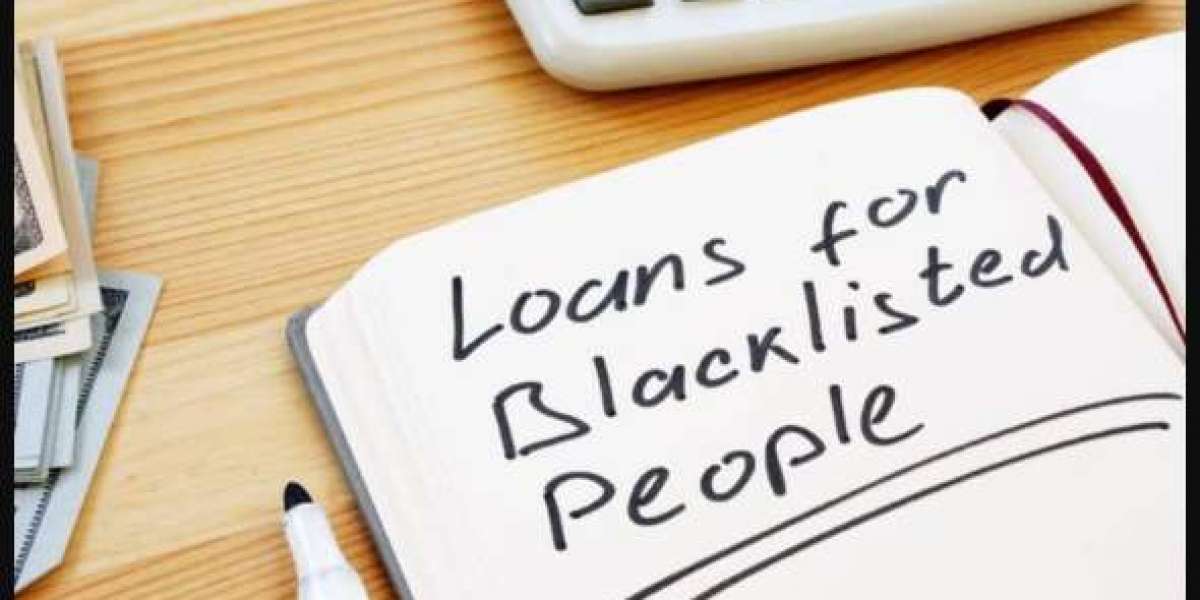Certainly, no one intends to be placed on a blacklist, but regrettable circumstances can lead to this result. Being registered on a blacklist entails a number of disadvantages, including no access to loans and numerous financial restrictions. Most often, individuals are placed on a blacklist due to their inability to timely repay loans. However, if you find yourself in this situation, all hope is not lost, as there are still loans available in Nigeria for those who have been blacklisted.
ALSO READ: Creditville – Everything you should know
Can I still obtain a loan while blacklisted in Nigeria?
Today, the credit bureau maintains a record of the blacklist that marks your name for loan transactions. However, smaller lenders, fintechs, and microfinance institutions typically do not maintain such records, unless you have an outstanding loan with them. Essentially, the purpose is to lend you money based on your ability to repay it, independently of your credit history.
ALSO READ: Aella Credit – What you should know
Note, however, that there are still fintechs, small lenders, and microfinance institutions that cross-reference your information with the central database to ensure that you are not on the blacklist. However, some trustworthy platforms would still offer loans despite your circumstances. This varies by organization and is based on their assessment of your ability to repay the loan.
What are the documents required in loans for blacklisted in Nigeria?
Whether you are on the blacklist or not, the requirements for online loan applications remain the same across all lenders. Essentially, you are required to provide the following:
As an individual:
1.Bank verification number (BVN)
2.Passport photographic image
3.Address
4.Employment letter
5.Tax ID, salary account or pension account
As a business:
1.Certain directors' passport photographs as specified by the lending organization
2.Memorandum of association
3.Certificate of incorporation
4.Post-dated NUBAN check from the client
5.The business’s last six months’ statement of account
6.A valid means of identification as approved by the organization (international passport, national passport or driver’s license)
7.A suitable guarantor
Are there any other special requirements?
Aside from the documents enumerated above, there are no additional requirements. However, as a person on a blacklist, you would have to go the extra mile to establish your credibility with the organization. Usually, the organization acquires documents or loan security, such as collateral, to ensure that you will repay the loan within the agreed-upon time frame.
What interest rates apply to loans for blacklisted in Nigeria?
Unfortunately, the majority of organizations that still offer loans to individuals with a criminal record do so with exorbitantly high interest rates and low credit limits. The prices are determined after a comprehensive analysis of your personal information, such as your bank statement, occupation, and salary. However, providing collateral significantly improves your odds of obtaining the loan. It also provides a reduced interest rate.
ALSO READ: How to Acquire a Loan with Zedvance
How to find loans for blacklisted in Nigeria
There is no easy way to locate these loans. However, your odds of success are greater with fintechs and microlenders. You can apply for the loan to determine if you will be successful, and the platform will evaluate your creditworthiness before deciding whether to approve or deny your request.
Conclusion
Even if you are on a blacklist or have a history, taking out a loan and paying it back on time could help improve your credit rating. Despite the high interest rates and rigorous evaluation, it is still possible to obtain loans while on the blacklist. However, ensure that your ability to repay the loan is secure, or it could cause you additional difficulty.




Destiny Isaac 1 w
Nice